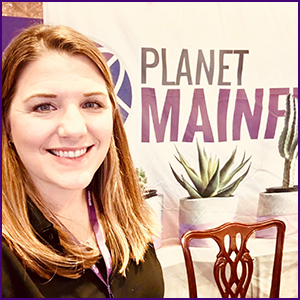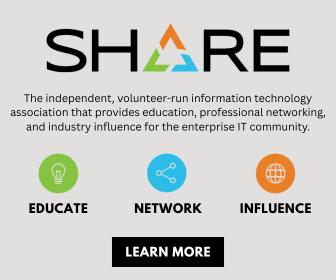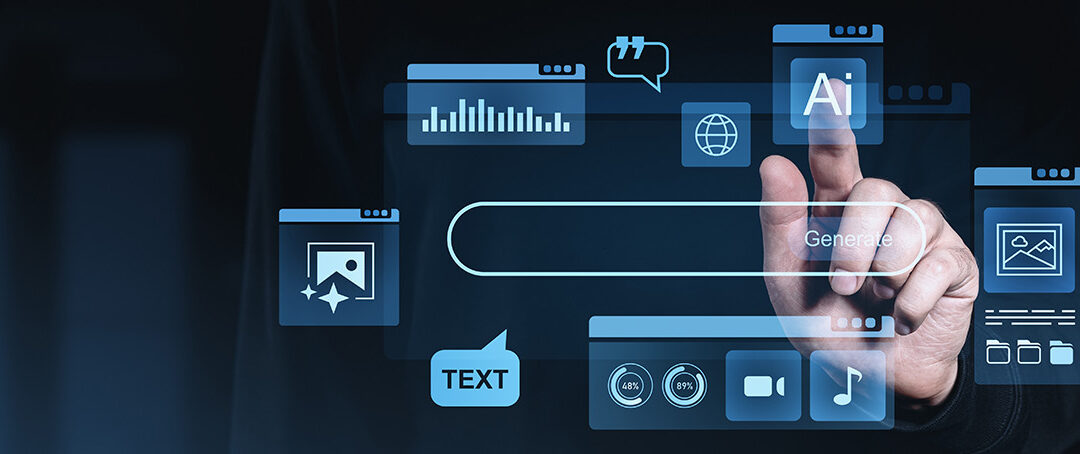Understanding and optimizing application performance is pivotal for businesses in the increasingly complex landscape of hybrid IT environments. Rod Dyson, Senior Director of Software Engineering at Rocket Software, explored this topic in a webinar hosted by Planet Mainframe.
The discussion focused on using AI-driven insights to enhance application performance monitoring, particularly in hybrid IT settings where applications span cloud and distributed systems while interfacing with mainframes.
Hybrid IT environments are today’s norm, blending on-premises systems with cloud-based resources to create flexible and efficient infrastructure. This combination enables organizations to leverage the benefits of both traditional IT and cloud solutions, optimizing cost, performance, and scalability.
Hybrid IT also supports modernization initiatives, as companies can incrementally migrate workloads to the cloud without disrupting a full transition, balancing legacy systems with emerging technologies. This adaptability is critical in an era where digital transformation is a constant and businesses need infrastructure supporting stability and agility.
However, hybrid infrastructures also present challenges such as intermittent downtimes, unexpected spikes in demand, and potential security vulnerabilities. Addressing these challenges requires a proactive approach to performance monitoring, and using AI and machine learning (ML) to detect anomalies and predict issues before they impact users.
Traditional monitoring systems, which are often exception-based, fall short in identifying subtle patterns that lead to performance degradation. However,AI outperforms with techniques like clustering and linear models, which can analyze vast amounts of data to define normal behavior and spot deviations. Key Performance Indicators (KPIs) play a crucial role in this process, serving as benchmarks for performance expectations.
Lesson #1: AI enables proactive anomaly detection, which can significantly enhance the monitoring of hybrid IT environments by identifying anomalies in real-time. This approach allows IT teams to resolve issues before they impact customers, thus maintaining application performance and avoiding potential revenue loss.
Lesson #2: Identifying and monitoring the right Key Performance Indicators (KPIs) is crucial. These indicators help establish a baseline of expected system behavior, enabling the detection of deviations that may signal performance issues. KPIs provide a foundation for AI algorithms to detect anomalies effectively.
Dyson highlighted the importance of selecting the right AI algorithms and models to effectively monitor and analyze application performance. While statistical regression offers a foundation, its limitations necessitate more advanced approaches like clustering, which groups data points to identify outliers and potential issues.
Lesson #3: The success of AI in monitoring depends on selecting appropriate models and algorithms. Techniques like clustering and linear regression are useful for identifying performance deviations, but they require careful tuning and large volumes of quality data to deliver accurate insights.
Machine learning models require substantial data and computational resources, posing challenges such as ensuring data quality and managing model lifespans as system environments evolve. Automation and adaptability to seasonal variations are also critical for effective AI-driven monitoring solutions.
Overall, integrating AI in performance monitoring offers valuable insights into system behaviors, enabling them to optimize operations and maintain user satisfaction. As hybrid IT environments continue to evolve, the role of AI in transforming application performance monitoring becomes increasingly indispensable.
Watch the 31-minute webinar to catch all the details.








Very informative. Thank you.